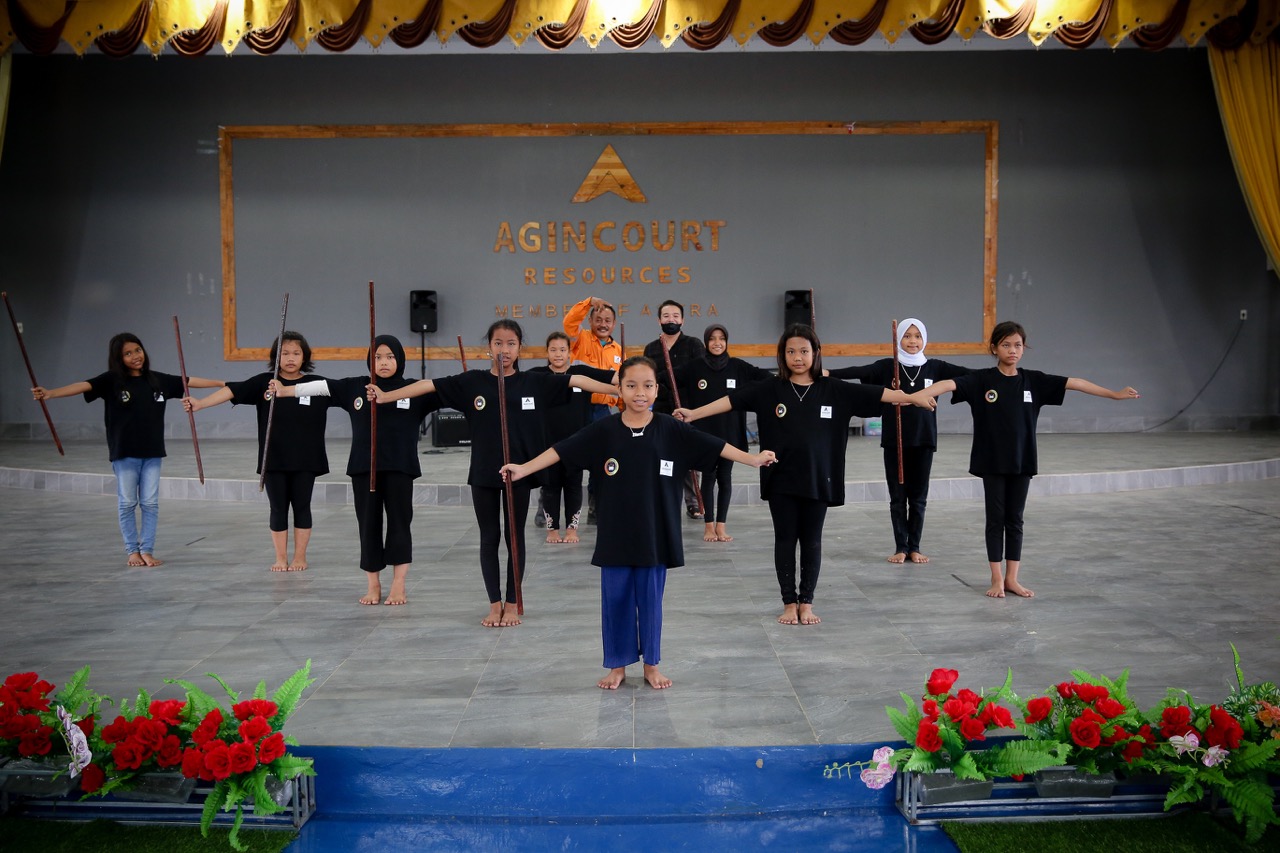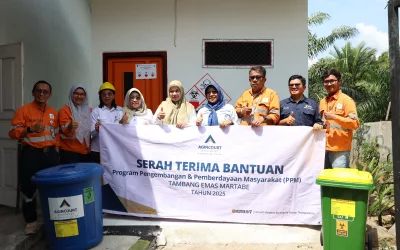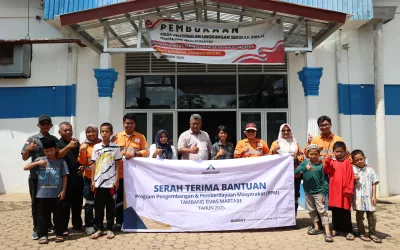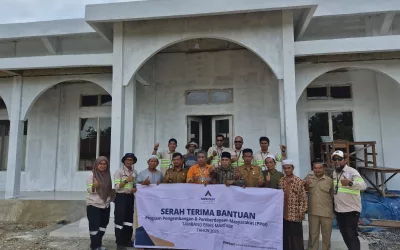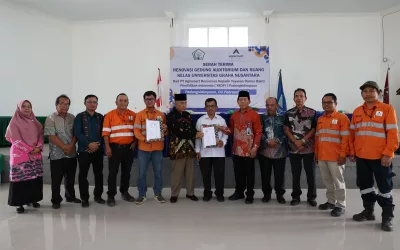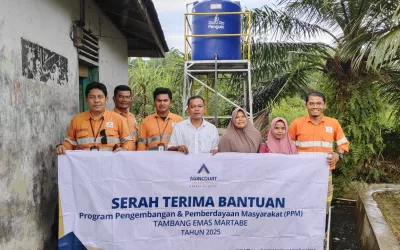In 1982 the Dance Committee of International Theatre Institute (ITI), the main partner for the performing arts of UNESCO, founded International Dance Day to be celebrated every year on the 29th April, coinciding with the birthday of Jean-Georges Noverre (1727-1810), creator of modern ballet.
This International Dance Day is a celebration day for those who understand the value and importance of the art form “dance”, and acts as a wake-up-call for governments, politicians and institutions which have not yet recognised its value to the people and the individual and which have not yet realized its potential for economic growth.
Every year since its creation, the International Dance Committee of ITI and the Executive Council of ITI select an outstanding dance personality to write a message for International Dance Day. The message is translated into numerous languages and circulated globally to celebrate dance and revel in the universality of this art form, cross all political, cultural and ethnic barriers, and bring people together with a common language, which is dance.
Dance has always been a part of human culture, rituals, and celebrations. Today, most dancing is about recreation and self-expression, although it can also be done as a competitive activity. Dancing can be a great recreational and sporting choice for all ages. Dancing has become such a popular way to be active and keep fit.
Read Also: PTAR Engage 123 College Students to Care about Biodiversity
Dancing has a wide range of physical and mental benefits including:
- improved your heart and lungs condition
- increased muscular strength, endurance and motor fitness
- increased aerobic fitness
- improved muscle tone and strength
- weight management
- strengthened bones and reduced the risk of osteoporosis
- improved coordination, agility and flexibility
- improved balance and spatial awareness
- increased physical confidence
- improved mental functioning
- improved general and psychological well being
- increased self-confidence and self-esteem
- improved social skills
- improved memory and cognition
- reduced dementia risk
Especially for children, regular dancing can also help to optimize all aspects of their growth and development. By understanding this, PT Agincourt Resources (PTAR), Martabe Gold Mine operator, which is strongly committed to improving the education of children in Directly Affected Villages, established a Sopo Daganak Dance Studio.
The Sopo Daganak Dance Studio is one of the mentoring programs owned by Perkumpulan Sahabat Cerdas (PERSADA), a nonprofit social organization that is fully supported through PTAR Community Development and Empowerment program.
This dance studio is a place for children to channel their interests and talents in dance. Currently, the Sopo Daganak Dance Studio has approximately 300 participants coming from 15 children reading centers assisted by PERSADA with three professional trainers. The age category of children participating in this studio is from kindergarten to junior high/equivalent level. And, the dance classes are divided into f categories, namely beginners, intermediate, proficient, and advanced.
This dance studio has been running for about eight years and art performances are regularly held three times a year. By joining this dance studio, children are introduced to traditional dances from various ethnic groups in Indonesia, especially the eight ethnic groups of North Sumatra so they can also learn to love the native Indonesian culture as well as preserve it so that it does not become extinct.
Not only that, in 2017, PTAR also built the Sopo Daganak Theatre, which is a venue for performing various cultural arts activities. The theater is located in Napa Village, Batangtoru District, South Tapanuli Regency, North Sumatra Province and built on an area of 4,430 square meters and is projected to become a center for literature and cultural arts development and study.
Sopo Daganak Theatre has a capacity of 500 people and is equipped with facilities such as an art stage, mini library, sound system, musical instruments and other supporting equipment. Dance lessons and reading activities were early programs at the Sopo Daganak Theatre, which have now developed into learning activities for traditional and modern music, as well as religious music.

